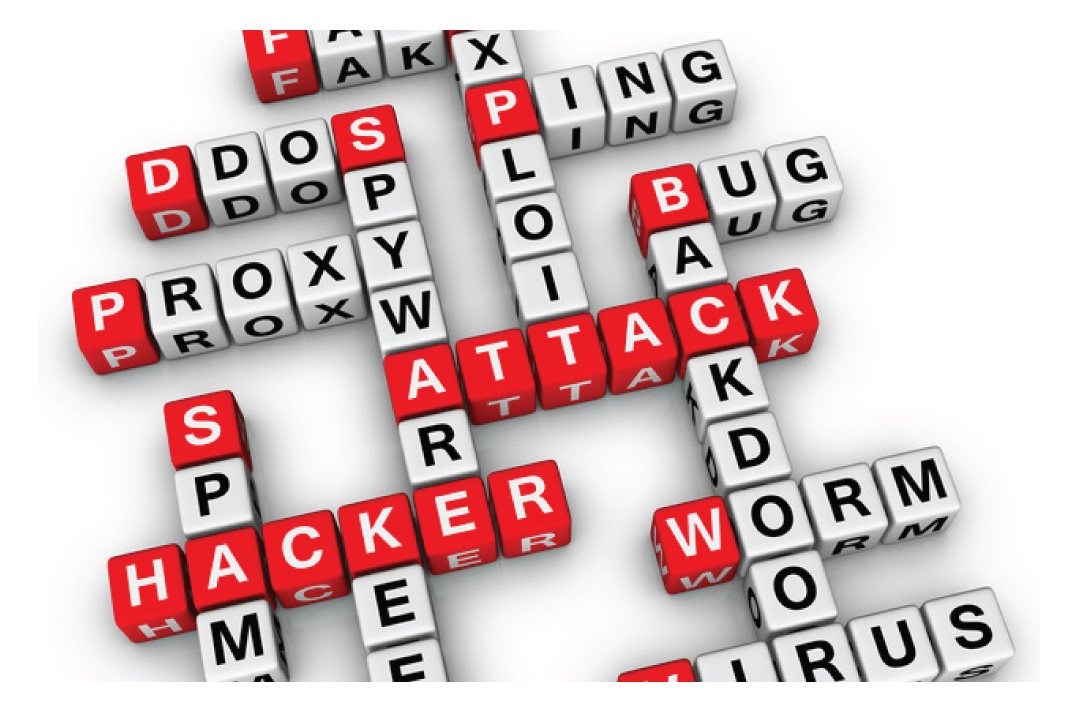Course News
- Dec. 30:
Final exam scores and preliminary final grades are now
available through ePost.
- Dec. 30:
Final exam solutions
can be found here.
- Dec.
9: The final examination will take
place on Sunday, Dec 15, VH 3006 (7:00 - 10:00 pm).
The exam is closed book and closed notes. Basic
calculators allowed! 40% of questions will be
related to the material covered before and 60% to the
material covered after the midterm examination.
- Dec. 9:
Project grades are now available through ePost.
- Nov. 26: Assignment
3 is now available. Due date: Dec 15, 2013 (bring assignment
to the final exam).
- Nov. 12: Assignment
2 is now available. Due date: Nov 26, 2013 (bring assignment
to the class).
- Nov. 4:
Lab 1 grades are now available through ePost.
- Oct. 29:
Today's lecture is cancelled. The makeup lecture
(Student Presentations) will take place on Dec 3.
- Oct. 29: Lab
2 is
now available. Lab 2 due date: Nov
12, in class.
- Oct. 26:
Midterm and Assignment 1 grades are now available
through ePost.
Midterm solutions can be found here.
Assignment 1 solutions can be found here.
- Oct. 18:
IMPORTANT: Oct 22 Guest Lecture will be held in Lassonde
(LAS) 3033. Attendance mandatory!
- Oct. 9:
IMPORTANT: Midterm exam will
be held on Oct 15, 7:00 pm, in room Lassonde
(LAS) 3033. NOTICE THE CHANGE OF
LOCATION! The exam will be 75 min long, closed
book and closed notes.
- Oct. 1: Lab
1 is
now available. Lab 1 due date: Oct
22, in class.
OPNET IT Guru can be downloaded free of charge
(after going through a quick registration procedure)
from:
http://www.opnet.com/university_program/itguru_academic_edition/.
The software is also available at the Networking and Security
Lab - CSEB 2007.
- Sept. 17: Assignment
1 is now available. Due date: Oct 1, 2013 (bring assignment
to the class).
- Sept. 10:
Classes begin.
Location: ACW 002.
|
